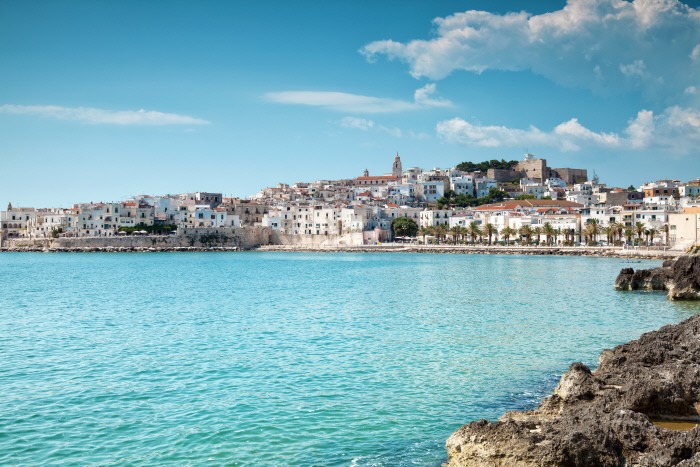
Four people have been arrested in the Italian region of Pavia for renting non-existent holiday homes on the island of Elba, in San Teodoro and in Marina di Grosseto. Another was reported for renting an imaginary apartment in Maiori online, and then disappearing without a trace.
Summer holidays are full of incidents like these, where bona fide, and somewhat naïve, citizens reserve their holidays on the internet, only to be victims of scams by unscrupulous people.
In the interests of safety, police in Italy have provided a tool to help people open their eyes: a guide to online shopping, including short-term rentals of holiday homes.
Another initiative being taken up by the Regional government of Lombardy is the 'reference identification code' (codice identificativo di riferimento or CIR), developed by Confcommercio to make holiday homes and apartments traceable on a short-term rental basis, for the benefit of tourists. However, this initiative will only be active from September onwards, and only in Lombardy; in the meantime, use these tips and tricks to be careful not to be fooled when you come to rent a holiday home.
Pay attention to the price
If the price offered is really low, there may be something underneath. Swindlers know that tourists often want low-cost homes, so they market their scams towards this. If the house seems suspiciously cheap, make sure you do a check of their credentials.
Correct information
If the information provided by the ad is poor or vague, it's a good idea to ask your vacation home landlord other questions. The way they respond may tell you a lot: be careful of those who want to seal the deal too quickly or who propose agreements other than those described in the advert. Always contact the owner directly before booking and check, maybe with Google Maps or something, that the accommodation actually exists or that there are not several places with the same description, because in that case something is very wrong.
Personal data
Do not give out your personal data, like ID and other documents, before establishing secure personal contact with the property owner. Identity theft is always just around the corner, and you should never provide third parties with your access credentials to the various apartment rental portals or to airline websites.
Use professional platforms
It is best to avoid responding to generic ads that are found here and there on the internet. Instead, look for real estate portals dedicated exclusively to the rental of properties, checking the veracity of ads through comments from other users. Be sure that the portal you are looking on is the official one and not a ‘cloned’ site that uses the same name as a better-known website but with a completely different web address.
Secure payment methods
When paying a deposit on a holiday rental, know that it should never exceed 20% of the total asking price. For any payment, it’s better to use traceable payment methods such as card, Paypal or a bank transfer.
Get written documentation
Even if it is not a full guarantee of the seriousness of the ad, it is always better to get written agreements than verbal agreements. Check that the proposed contract contains fair clauses and that it clarifies which services are included in the rental cost, and how much the total amount to be paid is.